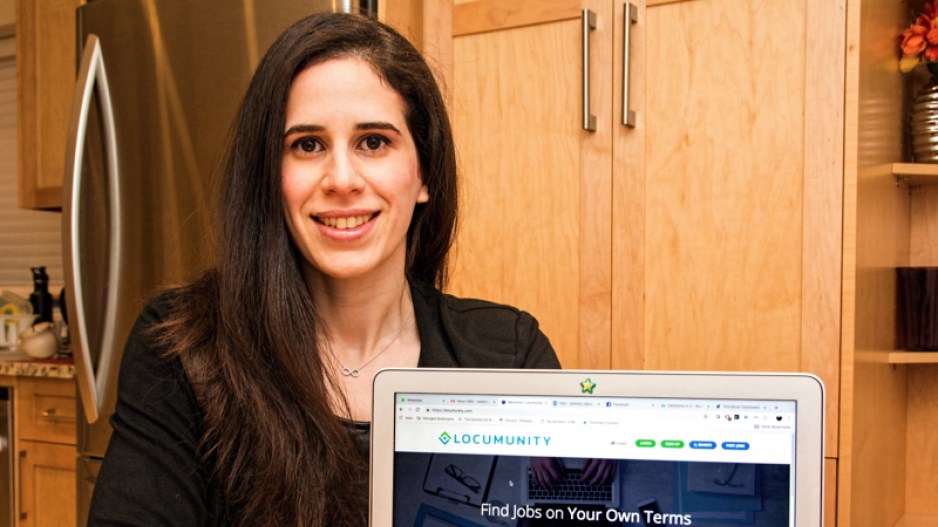Dr. Eric Cadesky began an early-December appointment as he would with any patient.
“I said to him, ‘How are you doing?’” recalled the president of Doctors of BC, whose organization represents 14,000 physicians, medical residents and medical students. “And he held up a magazine article and said, ‘This article says 400 doctors kill themselves every year. How are you?’”
Data on physician suicides isn’t available for Canada, so the figure is likely based on U.S. numbers presented at a May meeting of the American Psychiatric Association, as reported by Scientific American.
And while suicide is an extreme outcome, Cadesky said burnout remains a significant issue with physicians in B.C.
But effectively addressing physician burnout is proving to be a gruelling process in Canada, according to Dr. Haneen Abu-Remaileh.
Following beta tests in 2017, the physician turned tech entrepreneur launched an online platform, Locumunity, across the country this year to connect doctors with locum tenentes (fill-in physicians) who can cover vacations or other absences.
“A lot of physicians feel trapped in their practices, unable to step away,” said Abu-Remaileh, who as a locum was booked up to 18 months in advance as colleagues sifted through networks or sought word-of-mouth tips for coverage.
Some of the doctors she knows haven’t taken proper vacations beyond a stat holiday or a long weekend for more than a decade.
Her Vancouver-based job search and recruitment platform has signed up 1,400 physicians and 300 clinics across Canada, amalgamating job posts from other websites and matching potential workers with employers.
But the most lucrative market remains Metro Vancouver, where Locumunity is operating what Abu-Remaileh calls a “transaction model” of business whereby physicians work through Locumunity as independent contractors for clinics.
Clinics then pay Locumunity the physicians’ wages plus a 5% transaction fee.
“I really don’t think we could publicly ever get beyond 5% to 10%, just with how the [public health-care] system works here,” Abu-Remaileh said. “The only way we can make the business viable in Canada is to have a large volume of transactions.”
Locumunity needs to book 37 physicians per month in Canada to cover its burn rate.
“It takes two physicians in the U.S.,” Abu-Remaileh said, explaining that recruitment commissions in the U.S. can range from 30% to 60%. “That route to profitability, unfortunately, in Canada is just long.”
Cadesky, meanwhile, said he welcomes more team-based care to address burnout as well as leveraging machine learning to automate many of the administrative tasks that hamper physicians.
The province’s collective agreement with Doctors of BC ends in April 2019, and Cadesky said he’s pushing to receive additional support for doctors during negotiations.
The B.C. Ministry of Health offers locum support to rural general practitioners through its Rural GP Locum program, which Doctors of BC and various health authorities partner on.
“The ministry does not offer a similar program for urban physicians. Physicians would be free to use this new startup [Locumunity], if they so chose to, to find locums – but physicians should be aware of the services offered by Health Match BC,” the B.C. Ministry of Health said in a statement to Business in Vancouver, referring to the health professional recruitment service funded by the province.
Beyond the challenges of the economics, Locumunity also received a cease-and-desist letter from a Canadian government organization concerned over the company’s practice of amalgamating job posts.
So instead of expanding Vancouver’s transaction model to Toronto in early 2019, Locumunity will move into the California market. The company will remain headquartered in B.C., and Abu-Remaileh hopes to one day expand its presence in Canada.
“There’s a sense … of being more accepted in Canada once you make it in the U.S.,” she said. •




